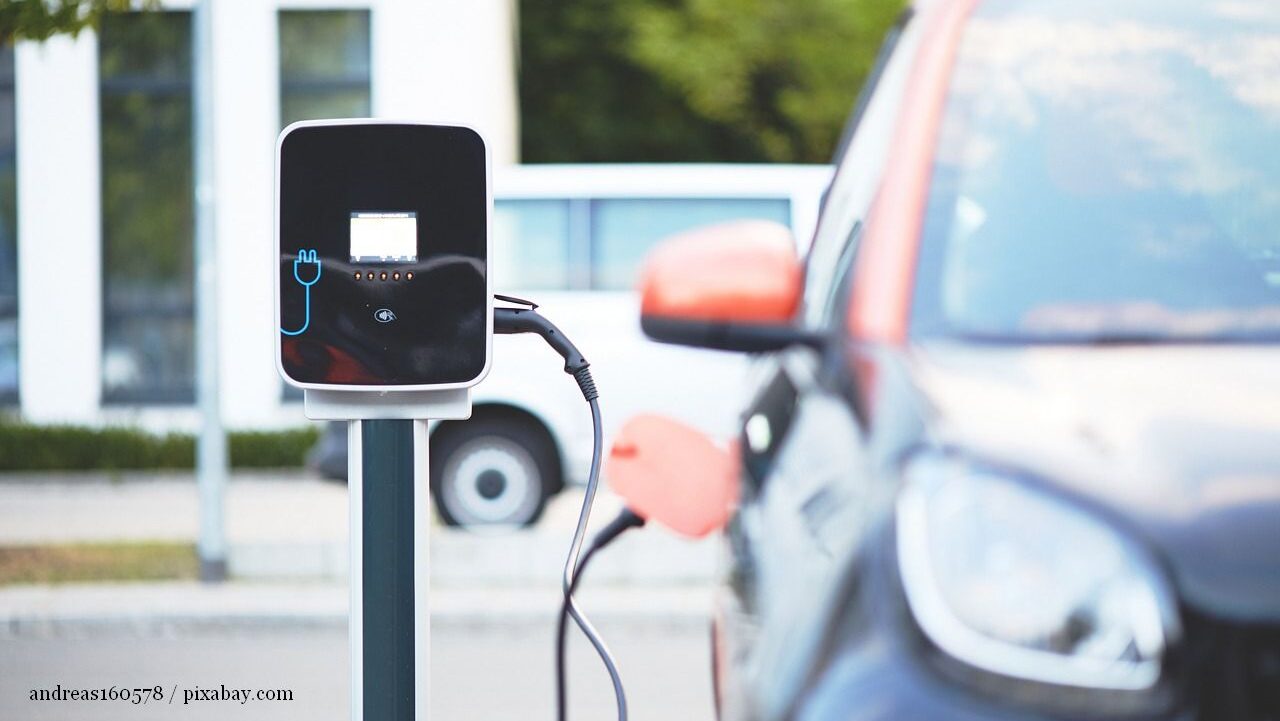Reactions to the Terrorist Attacks in Brussels
Romanian authorities have firmly condemned Tuesday's terrorist attacks in Brussels.

Bogdan Matei, 23.03.2016, 13:41
Sharm el-Sheikh, Beirut, Paris, Bamako,
San Bernardino and Ankara are cities on four different continents targeted by
Jihadists in less than six months. Hundreds of people have been killed in these
attacks. Brussels, the European Union’s administrative capital and the host of
the NATO headquarters was too the site of a bloodshed on Tuesday. In November,
when for fear of such attacks the Belgian authorities had raised the terrorist
alert to the maximum level and the army started patrolling the streets on
armored vehicles, there were voices, dubbed as alarmist at the time, who
warned that it was only a matter of time until the city would be attacked.
It
was also in November that the European media accused Belgian authorities of
having allowed the setting up of a genuine Jihadist neighborhood in Brussels,
the infamous Molenbeek. Disturbed people, grounding their criminal actions on
religious reasons, were already at the heart of Europe. Pundits had warned about
the threat of a so-called Islamic
spring in Western Europe, which they saw as more vulnerable than ever.
Unfortunately, Tuesday’s carnage confirmed their fears. The civilized world has
once again been gripped by suffering, disbelieve and anger.
Belgium’s ally
within NATO, its EU partner and colleague in the Francophone movement, Romania
shares this country’s grief. Over 30,000 Romanian citizens are currently living
in Brussels and the surrounding areas and at least four of them were injured in
the blasts at the airport and metro station. Against this background, Romanian
President Klaus Iohannis, currently on an official visit to Turkey, has said
that terrorism can be fought against by making efforts for peace and
solidarity:
Klaus Iohannis: These
attacks must be countered with our strong will for peace, collaboration and
solidarity in working out the big problems facing the region in which both
Romanian and Turkish people live.
A crisis
management team of the Romanian Foreign Ministry is constantly in touch with
Belgian authorities and a mobile consular team has traveled to Brussels to join
the embassy staff. Foreign Minister Lazar Comanescu has announced that Romania
is ready to assist Belgium. Comanescu has insisted on the need for solidarity
within the EU. In Bucharest, additional security staff have been deployed in
airports and at the headquarters of diplomatic missions, although the terrorist
alert level has not been raised.
The Romanian Intelligence Service chief,
Eduard Helvig, has said in a news conference that there is no intelligence
leading to a direct connection between the attacks in Brussels and threats to
Romania’s national security. Hellvig has warned, however, that the events in
Belgium do affect Romanians, as terrorism has become a global threat.
The
president of the Parliamentary Intelligence Oversight Committee Georgian Pop has said: Unfortunately we are in a very
complicated situation. What has happened in
Brussels, but also in Paris, Ankara and
Istanbul, have not been isolated events. They were carefully planned,
cascade-based attacks. At present, in Romania, the Intelligence Service and the
terrorist attacks prevention system have managed to maintain the caution-blue
alarm level, which means a relatively low threat level. Keeping it that way
involves a great deal of work.
Romania’s Prime Minister Dacian Ciolos, a former European Commissioner for Agriculture, who lived in Brussels many years, has
voiced his compassion for the victims of the attacks and conveyed a message of
support for the Belgian authorities.






























